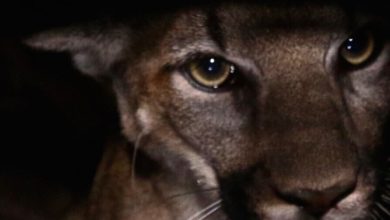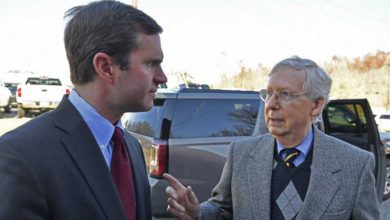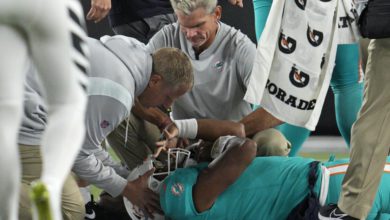
Ohio is known as the Buckeye State because buckeye trees were prevalent in the area when the territory was settled in the late 18th century. The buckeye gets its name from its distinctive nutlike seed that, when dried, appears a rich, dark brown color with a single lighter brown spot that resembles the eye of a deer.
The Ohio buckeye, Aesculus glabra, was adopted as the state tree in 1953. Ohio State University took Buckeyes as their mascot in 1950.
But why are the people of Ohio called buckeyes?
Historian S.P. Hildreth reported the story of the first use of the buckeye nickname in 1788 when Col. Ebenezer Sproat arrived at Marietta, Ohio, the first permanent settlement in the Northwest Territory. Sproat appeared in his spruced up military uniform and cocked hat, impressing the Native American traders who called him “hetuck,” the Shawnee word for “eye of the buck deer” or “Big Buckeye.”

Early pioneers in the Ohio Valley were already known as buckeyes when Dr. Daniel Drake, a physician and historian in Cincinnati, presented a speech on Dec. 26, 1833, extolling the virtues of the buckeye tree and advocating it to be the symbol of Ohio.
The buckeye tree was found naturally in the Midwest and its soft wood was ideal for building log cabins or gouging out troughs to create spoons, bowls and cradles.

But, as Drake recounted, settlers who arrived later were dismissive of the native-born Ohioans, finding them “untaught, awkward,” and likened them to the buckeyes – native and soft.
“Buckeye was, therefore, at first, a nickname – a term of derision,” Drake said in his speech. “Those very children, have, however, raised it into a title of honor!”
After spelling out the metaphor – buckeyes were valuable as resources, pleasing to the eye and difficult to kill – Drake concluded that the buckeye was a suitable symbol, saying:
“Every native of the valley of the Ohio, should feel proud of the appellation, which, from the infancy of our settlements, has been conferred upon him; for the Buckeye has many qualities which may be regarded as typical of a noble character.”
William Henry Harrison of North Bend, Ohio, was the guest of honor when Drake made his speech. A few years later, in 1840, Harrison made the buckeye part of his “log cabin” persona during a successful campaign for the presidency.

Despite the fact that Harrison was born in Virginia and the son of a signer of the Declaration of Independence, the Whig Party cast their candidate as a frontiersman and Indian fighter, using log cabins and hard cider to represent his “frontier values.” Supporters carved sticks out of buckeye wood and strung together buckeye nuts into necklaces as campaign souvenirs.
Ohio was forever after associated with buckeyes.
Sources: “Celebration of the Forty-Fifth Anniversary of the First Settlement of Cincinnati and the Miami Country on the 26th Day of December 1833,” “Biographical and Historical Memoirs of the Early Pioneer Settlers of Ohio” by S.P. Hildreth, Ohio History Central, “William Henry Harrison” by Gail Collins.
Source link








